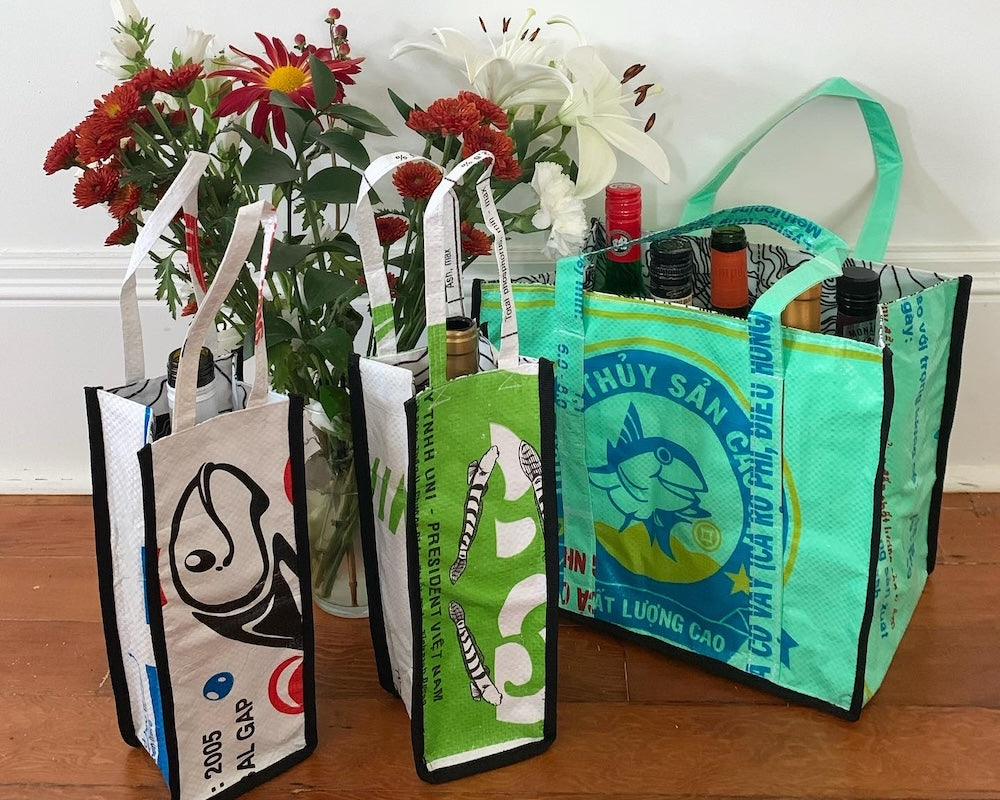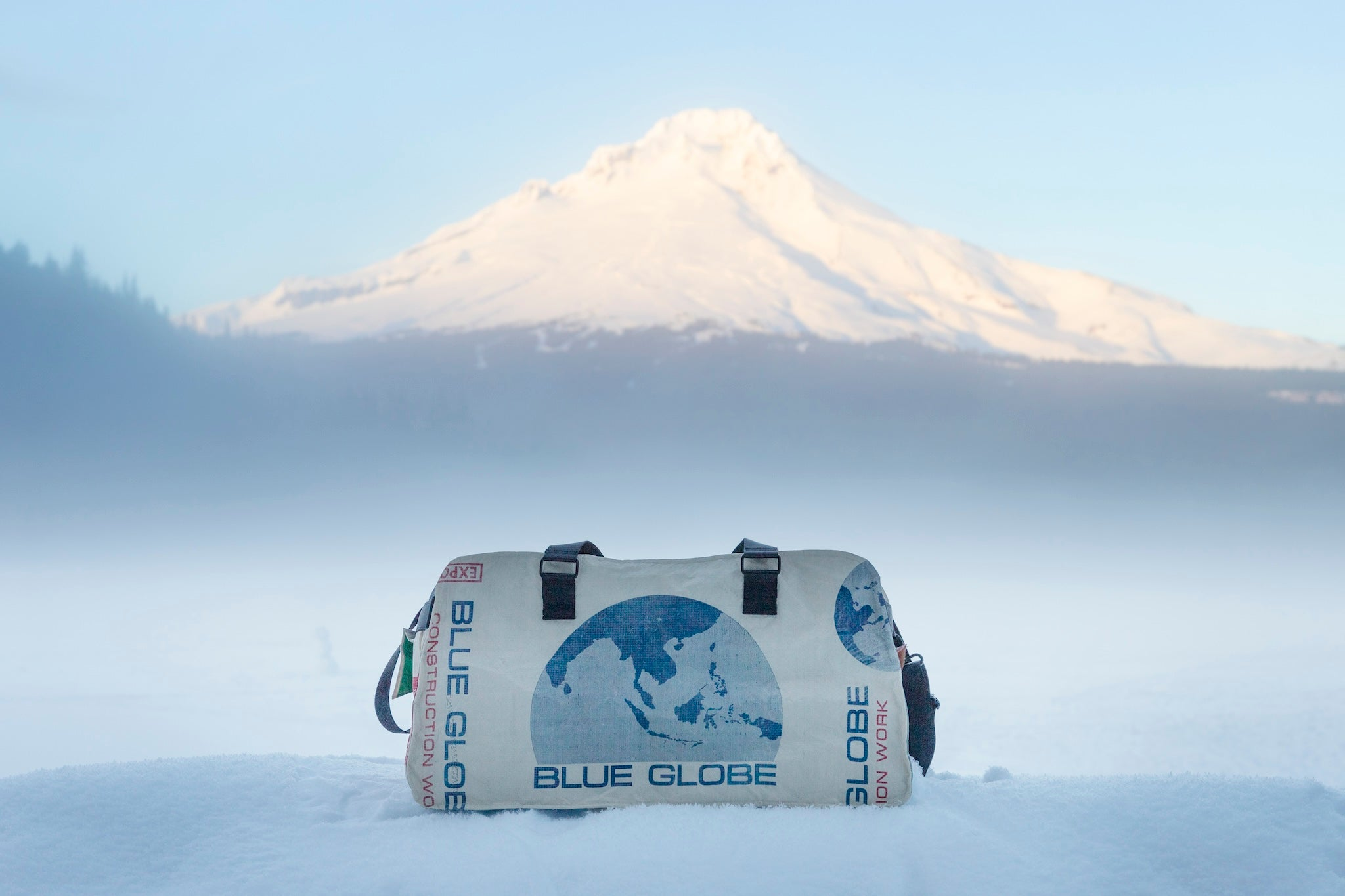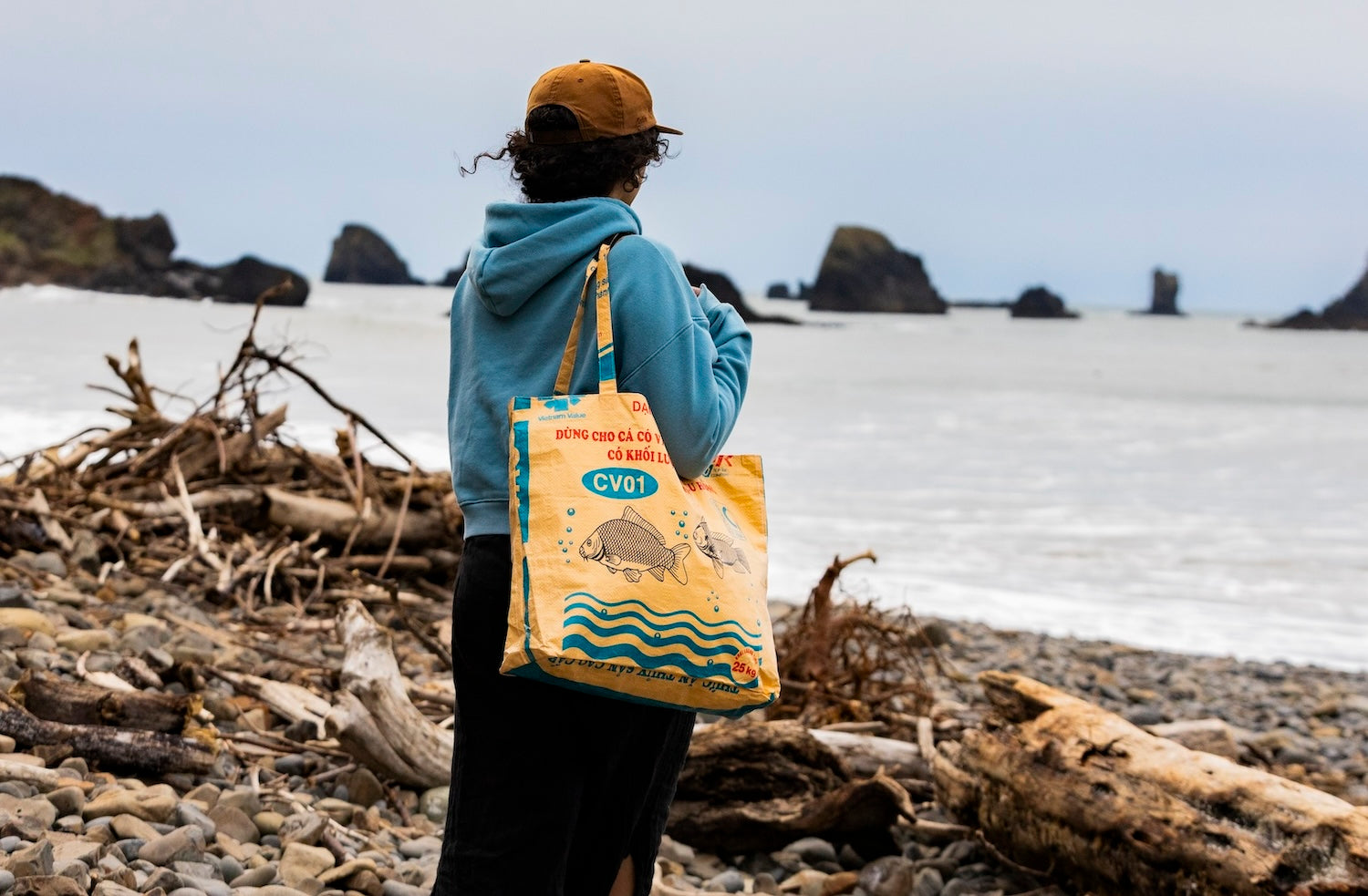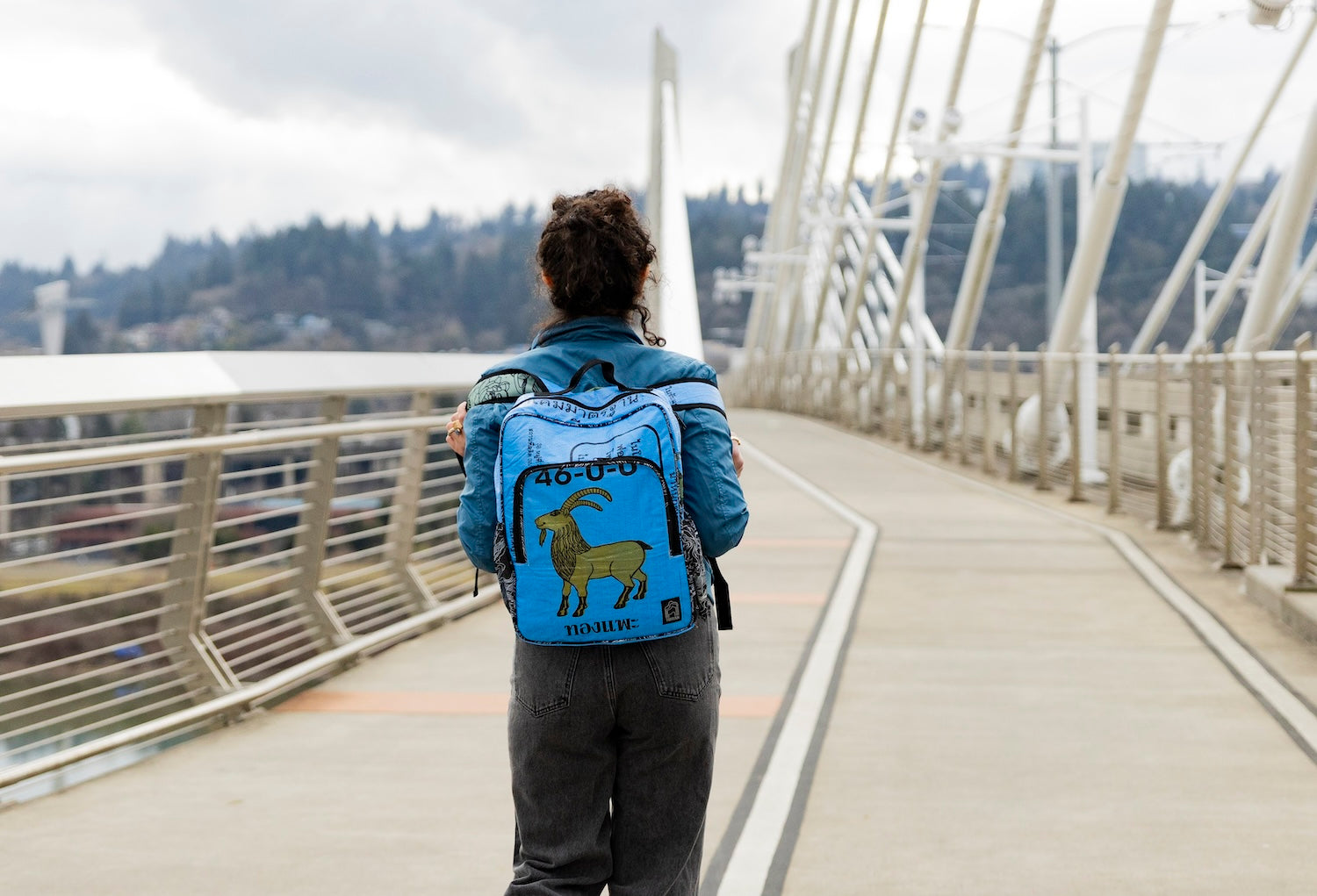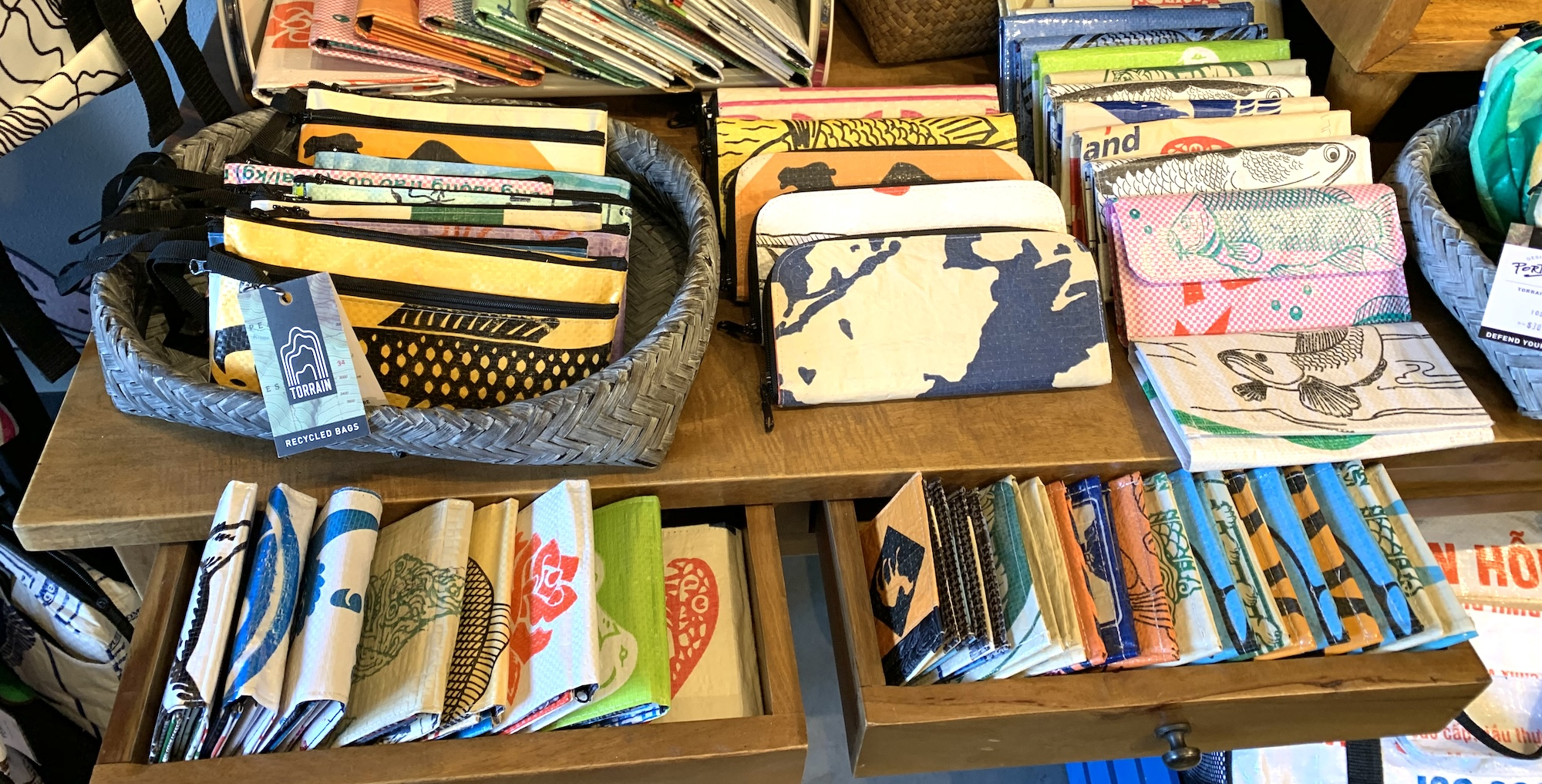Plastic pollution has always been at the forefront of our minds here at TORRAIN. It’s one of the reasons we do what we do; we’d like to take what's discarded and turn it into something fun and exciting, with the hope that it lessens the impact on the environment. Throughout the pandemic, we have been thinking about how it's caused an influx of single-use items to end up in our oceans and landfills. You can probably look around the city you live in and see discarded face masks and gloves on the streets. In addition, most stores stopped using bulk items for fear of contamination, and most restaurants are now doing take-out and delivery, increasing the number of single-use plastics. Even the restaurants that offer dine-in services have had to switch to plastic single-use cutlery.
Before the pandemic upended life, politicians in many countries were promising to tackle our plastic problem, i.e. climate change. In 2018, China has gone as far as banning most plastic imports. In 2021, the European Union was set to ban many single-use plastic items.
The pandemic has changed it all. At its peak, 240 tons of single-use plastic-based medical waste was produced per day in Wuhan, the center of the COVID-19 outbreak. That is 6 times more than the daily average before the pandemic occurred. The Thailand Environmental Institute released staggering numbers; plastic waste has increased from 1,500 tons to 6,300 tons per day, owing to soaring home deliveries of food. That is not including the influx of waste it is receiving from other countries.
The spike in the pandemic and plastic use has caused an intense price war between recycled and new plastic, all created by the oil industry. Unfortunately, the recycling industry is losing. Every piece of plastic begins as fossil fuel. Because of the economic shutdown, the oil demand has been punctured. In turn, new plastic has become cheaper.
One of the most ubiquitous recycled plastic items we see around is recycled plastic bottles. In our capitalistic world, even those have become less viable. According to a market analysis at the Independent Commodity Intelligence Services (ICIS), the recycled plastic used to make recycled plastic bottles is 83%-93% more expensive than new bottle-grade plastic. Indeed, new plastic has always been cheaper to purchase than recycled plastic, however, weak oil prices this year have widened that gap. (Source: Independent Commodity Intelligence Services)
According to a Reuters Journalism investigation, producing four plastic bottles releases the equivalent greenhouse gas emission of driving one mile in a car. Research in April 2019 by Jan Dell, a chemical engineer and former vice chair of the U.S. Federal climate committee, discovered that the United States burns six times more plastic than it recycles.
COVID-19 has accelerated all these trends which is grim news moving forward.
And even with all this information at our fingertips, oil companies are still investing in producing MORE NEW plastic. ExxonMobil spokeswoman Sarah Nordin told Reuters, “Over the next few decades, population and income growth are expected to create more demand for plastics, which help support safety, convenience and improving living standards.” (Source: reuters.com)
The numbers are depressing. The oil industry has plans for less than $2 billion to spend on reducing plastic waste and $400 billion on plants to make material for new plastic. (Source: Carbon Trackers; Reuters reporting).
According to “The Plastic Pandemic” Reuters article, recyclers worldwide have reported their business has shrunk since the coronavirus outbreak, by more than 20% in Europe, by 50% in parts of Asia, and as much as 60% for some firms in the United States.
There doesn’t seem to be an end in sight. Plastic waste has provided a barrier between us and contracting COVID-19. Personal protection equipment is used by all first responders to keep themselves and their families safe. Restaurants are hanging on by a thread of surviving the economic collapse by doing take-out in most cities. Until there is a vaccine, our plastic consumption to survive the pandemic will not be letting up anytime soon.
After all the research we have done for this post, we are feeling hopeless. But hopelessness does not give space for progress. Even though Trump is out of office, we can not let up on the pressure that we put on our elected officials. We must DEMAND that oil companies put more infrastructure and money into dealing with plastic waste. There are solutions. And we must use them.


